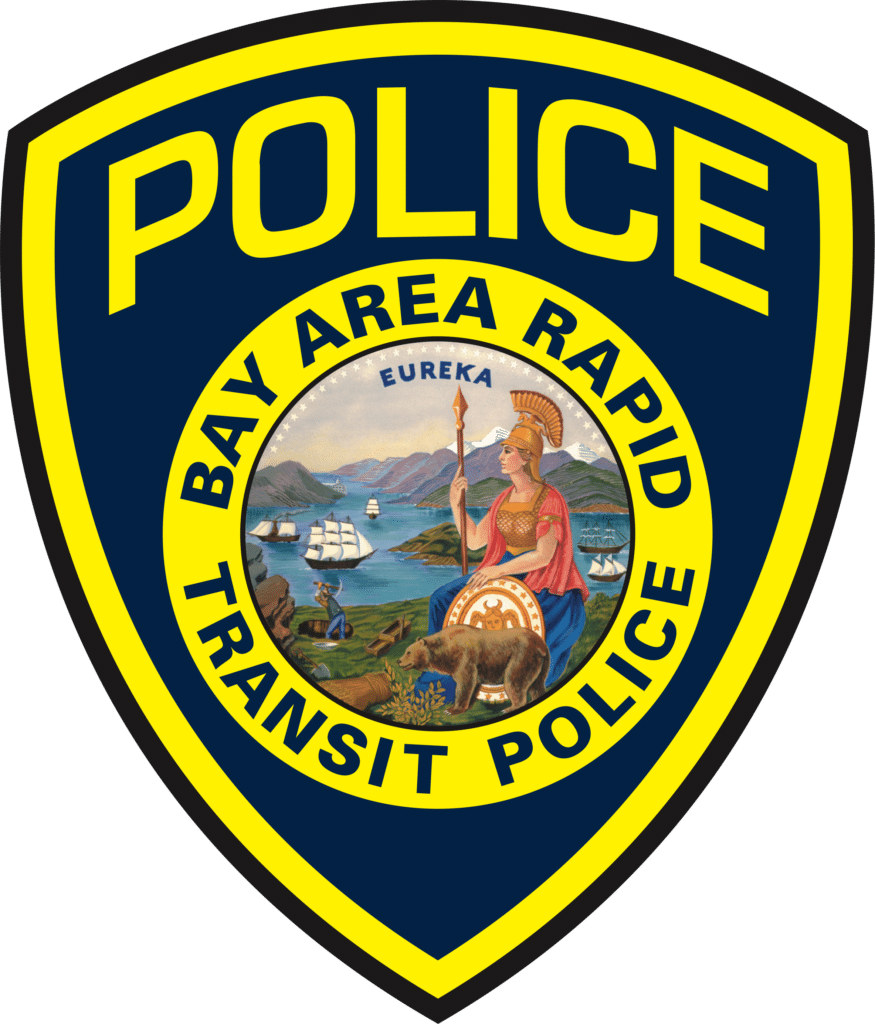transit ambassador
qualifications
Knowledge of:
- Principles and practices of effective customer service
- Methods and techniques of effective communication
- Current office procedures and practices, including the use of online computer equipment
- Applicable BART rules and safety regulations
Skill/Ability to:
- Reading, interpreting and following a variety of instructions Communicating effectively, both orally and in writing
- Remaining professional and courteous when dealing with disorderly patrons
- Maintaining basic and accurate records, and other reports as needed Exercising sound judgment
- Recognizing unusual, hazardous or emergency situations and taking appropriate actions according to specified regulations
becoming a transit ambassador
Under direct supervision, provides a highly visible uniformed presence to assist BART patrons as needed; monitors activities in BART stations and on BART trains during revenue service; provides assitance to patrons; acts as a liaison between the District and the community; and performs related duties as assigned.
This is a civilian classification in the Police Department. Incumbents in this classification are non-sworn and perform a variety of duties designed to provide an added sense of security to BART patrons through their presence on trains and engagement with the public. The Transit Ambassador is distinguished form the Community Services Officer in that the latter is the non-sworn classification responsible for issuing citations and/or warnings for parking, standing or stopping violations, as well as to provide technical assistance to police personnel involved in safety and community service activities.
Supervisor of Crisis Intervention & Outreach Programs.
- Rides BART trains on specified lines at designated times to monitor activities.
- Punctually attends daily briefing meetings to receive assignments.
- Interacts and engages with BART personnel, the public, and others to establish an official presence and deter disruptive behavior from occurring within the BART system.
- Assists in medical emergencies on BART property by gathering information, providing logistical support, and/or providing first-aid as appropriate; summons medical response when needed.
- Provides various routine assistance to BART personnel; may operate various office equipment; gathers, maintains and retrieves records as directed; fills out forms and writes basic reports; enters data into appropriate computer database or application.
- Prepares written reports on incidents and provides to supervisor in a timely manner; documents other activities as specified by supervisor.
- Observes and reports any type of suspicious activity and/or behavior to the appropriate personnel; summons assistance as necessary and as appropriate.
- Works with management to perform outreach within the community and participate in departmental efforts including informational presentations.
- Participates in and successfully completes required training.
- Maintains transparency by wearing body-worn camera to video record contacts.
- May be required to operate District vehicles.
Education:
Possession of a high school diploma, GED or recognized equivalent.
Experience:
One (1) year of (full-time equivalent) community service or similar experience which involved interacting and engaging with people from a variety of backgrounds.
Other Requirements:
- Must be available and willing to work varying hours, nights, weekends, holidays and special events as scheduled
- Must possess and maintain a valid California Driver’s License
- Must be available to work under varied conditions, including inclement weather
- Must complete required District training
- Must wear designated attire as required by BART
- Must undergo an extensive law enforcement background check
Environmental Conditions:
Train and station environment; work in confined space; exposure to cold, heat and noise, inclement weather, foul odors, and high voltage.
Physical Conditions:
Requires maintaining physical condition necessary for standing for a prolonged period of time, and for walking, bending, stooping, sitting and climbing. Standing and riding trains for long periods of time.
WE'RE HIRING
- The best training, community outreach skills, and award-winning policing techniques
- State-of-the art safety equipment
- Resources to solve real-life problems


